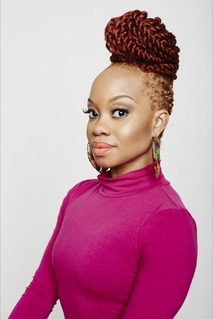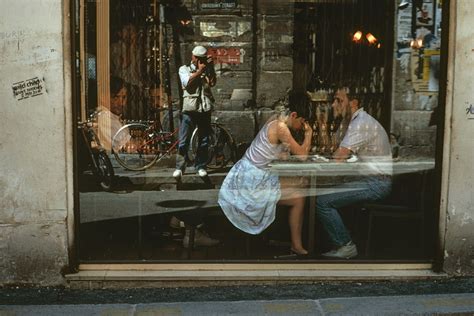A Quote by John Hurt
I think, you have to forget about intellect, to a degree. Intuition is very important when you're working with a lens, I believe, for what the lens is doing, too.
Related Quotes
You carry that through and adapt it to a camera lens, but you're quite right, you cannot be sure of what an audience is going to do. You don't know what's going to happen to the piece you're doing anyway. You don't know how it's going to be edited. There are a lot more unknowns in cinema. But that you have to readily accept. That's when, I think, you have to forget about intellect, to a degree. Intuition is very important when you're working with a lens, I believe, for what the lens is doing, too.
I think it's important for people to understand that dance, movement, choreography is about an experience and entertainment but it's also about perception and a lens. So when we're talking about a Black female's experience through a Black female's lens, that's going to be totally different from a Black female's perspective through a Black male's lens.
You are merely the lens in the beam. You can only receive, give, and possess the light as the lens does. If you seek yourself, you rob the lens of its transparency. You will know life and be acknowledged by it according to your degree of transparency - your capacity, that is, to vanish as an end and remain purely as a means.
The precise effects of lensing depend on the mass of the lens, the structure of space-time, and the relative distance between us, the lens, and the distant object behind it. It's like a magnifying glass, where the image you get depends on the shape of the lens and how far you hold it from the object you're looking at.
Computer chips will cost about a penny. That's the cost of scrap paper. The Internet will be basically for free and it will be inside our contact lens. When we blink, we will go online. When we see somebody that we don't recognize, our contact lens will identify who they are, print out their biography in your contact lens and translate, if they're speaking Chinese, into English with subtitles as they speak.
I think what we need to do is understand our number one obligation is to act in the national interest of the United States of America. I believe it is in our national interest to see democracy take hold on the island of Cuba. And so we examine our foreign policy, including all the changes that President Obama made, in that lens and through that lens.



































